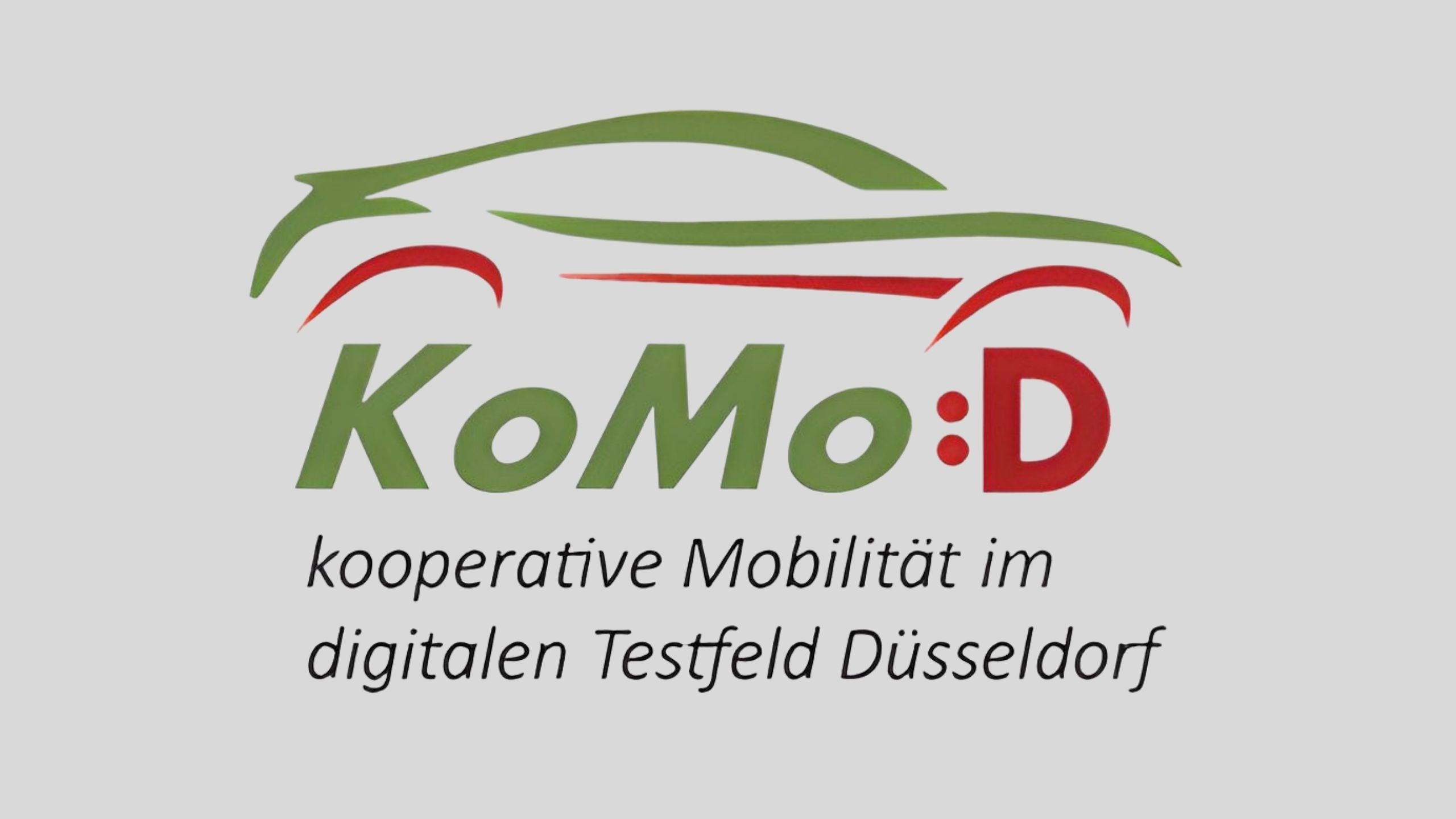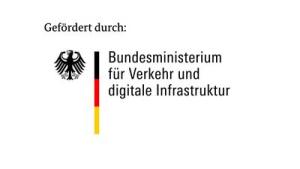KoMoD – Test Field Automated and Connected Driving Düsseldorf
Practical testing of new technologies for vehicle-infrastructure networking as well as highly and fully automated driving in the digital test field Düsseldorf

The aim of KoMoD is the practical testing of new technologies for vehicle-infrastructure networking as well as highly and fully automated driving in the digital test field Düsseldorf. A major focus is on the interaction of several driver assistance functions in real driving situations. This interaction is to be investigated with regard to conflicting control objectives and the resulting harmonisation. For this purpose, extensive field tests will be carried out with various test vehicles. These are also set up in the Düsseldorf test field across different modes of transport. Taking into account the technology mix in the vehicle, the test field also focuses on aspects of the system design on the infrastructure side, which will have a significant influence on the path to market launch.
The FHP evaluates automated driving functions and driving manoeuvres under the aspects of traffic efficiency, road safety and the effects on the environment. The vehicle data collected in the test field will be integrated into a simulation environment in conjunction with the target functions of the automated vehicles, which will also consider other parts of the urban network in Düsseldorf in addition to the route sections of the test field. This extended evaluation of the vehicle functions can contribute to the transferability of the test results to a wide variety of urban situations. For the investigations, driver-vehicle models representing the behaviour of the vehicle applications of the test field are implemented and coupled with a commercial traffic engineering simulation tool. The approach enables the transferability of deployment scenarios to other cities, including alignment with traffic engineering guidelines. The system introduction is also supported by the development of a role and process model for the integrated consideration of technical, legal and operational aspects.

Project management
